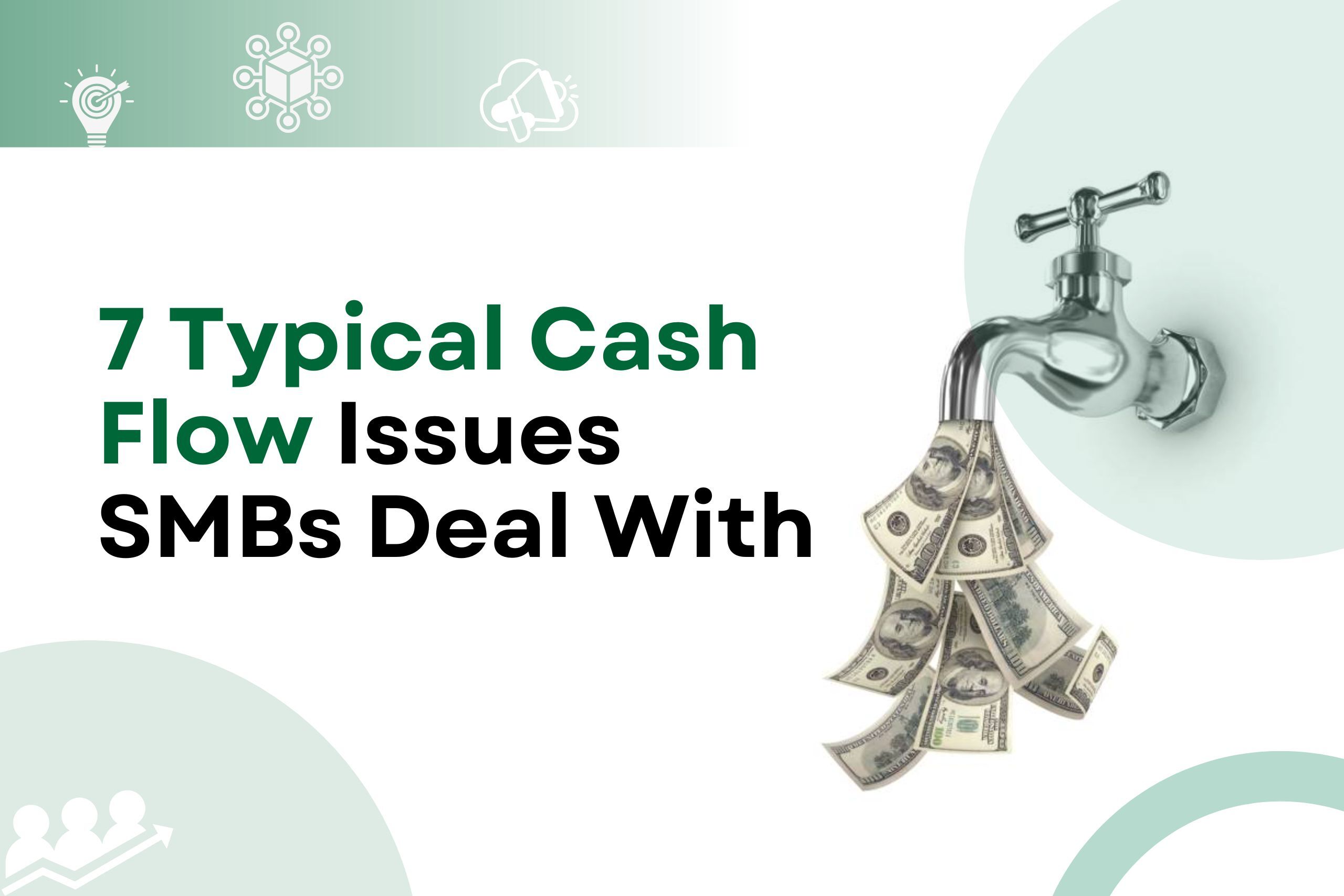In the world of government contracting, cash flow is often a significant challenge. Invoices can take weeks, or even months, to get processed and paid, leaving contractors in a tight financial position. This is where invoice factoring can provide a crucial lifeline. In this blog post, we’ll explore the concept of invoice factoring, its benefits for government contractors, and how to get started.
What is Invoice Factoring?
Invoice factoring is a financial arrangement where a business sells its accounts receivable (invoices) to a third party, known as a factor, at a discount. This allows businesses to obtain immediate cash flow rather than waiting for the lengthy payment cycles associated with government contracts. Essentially, the factor provides upfront cash based on the value of the receivables, and then they take over the responsibility of collecting payment from the client.
The Benefits of Invoice Factoring for Government Contractors
1. Improved Cash Flow
One of the primary benefits of invoice factoring is the immediate access to cash that it provides. Government contracts often involve long payment cycles, which can strain a contractor’s resources. With factoring, contractors can bridge this gap, allowing them to fund operations, pay employees, and cover other expenses without the delays associated with traditional payments.
2. Flexibility in Financing
Invoice factoring offers more flexibility compared to traditional loans. Your cash flow is directly tied to your invoices; therefore, the more invoices you have, the more cash you can access through factoring. This means that you can scale your financing needs according to your business’s growth without incurring additional debt.
3. No Additional Debt
When you factor invoices, you are not taking on new debt. Instead, you are selling an asset (your receivables) to receive cash. This can be particularly advantageous for government contractors who may already have debt from other financing methods. Invoice factoring helps businesses manage their finances without increasing their liabilities.
4. Less Dependence on Credit Score
Traditional bank loans often rely heavily on a business’s credit score and financial history. In contrast, invoice factoring focuses more on the creditworthiness of your customers (the government agencies in this case) rather than your own credit score. Since government contracts are generally lower risk, this makes it easier for contractors to qualify for factoring.
5. Outsourced Collections
Most factoring companies offer accounts receivable management services, meaning they will handle the collections process. This not only saves contractors time but also allows them to focus on their core competencies instead of worrying about invoice collection.
How to Get Started with Invoice Factoring
Step 1: Choose a Qualified Factoring Company
Start by researching factoring companies that specialize in government contractors. Look for companies that understand the complexities of government contracts and have experience with this type of clientele. Read reviews, request quotes, and compare the terms offered by different factors.
Step 2: Understand the Costs
Factors will charge a fee for their services, typically a percentage of the invoice value. Make sure to understand all costs involved, including any setup fees, service fees, and discount rates. Compare these costs against the benefits of improved cash flow to ensure factoring makes financial sense for your business.
Step 3: Prepare Your Invoices
Before you can factor your invoices, ensure they are in order. This means having proper documentation, including purchase orders, delivery confirmations, and any other necessary paperwork that verifies the validity of the invoices you wish to factor.
Step 4: Submit Invoices for Factoring
Once you’re ready, submit your invoices to the factoring company. They will review the invoices and determine how much cash they can advance based on the value of your receivables and the creditworthiness of the government entities involved.
Step 5: Receive Cash and Wait for Payment
After the factoring arrangement is set up, you will receive an upfront cash advance. The factoring company will then handle the collection of payment from the government agency. Once payment is received, the factor will take their fee and return the remaining balance to you.
Conclusion
Invoice factoring offers government contractors a practical solution to manage cash flow challenges arising from delayed payments. By converting invoices into immediate cash, contractors can maintain operations, invest in growth, and reduce reliance on credit. Understanding the benefits and processes of invoice factoring can help you make informed decisions that enhance your business’s financial health. If you’re a government contractor facing cash flow issues, consider exploring invoice factoring as a viable financing option.




